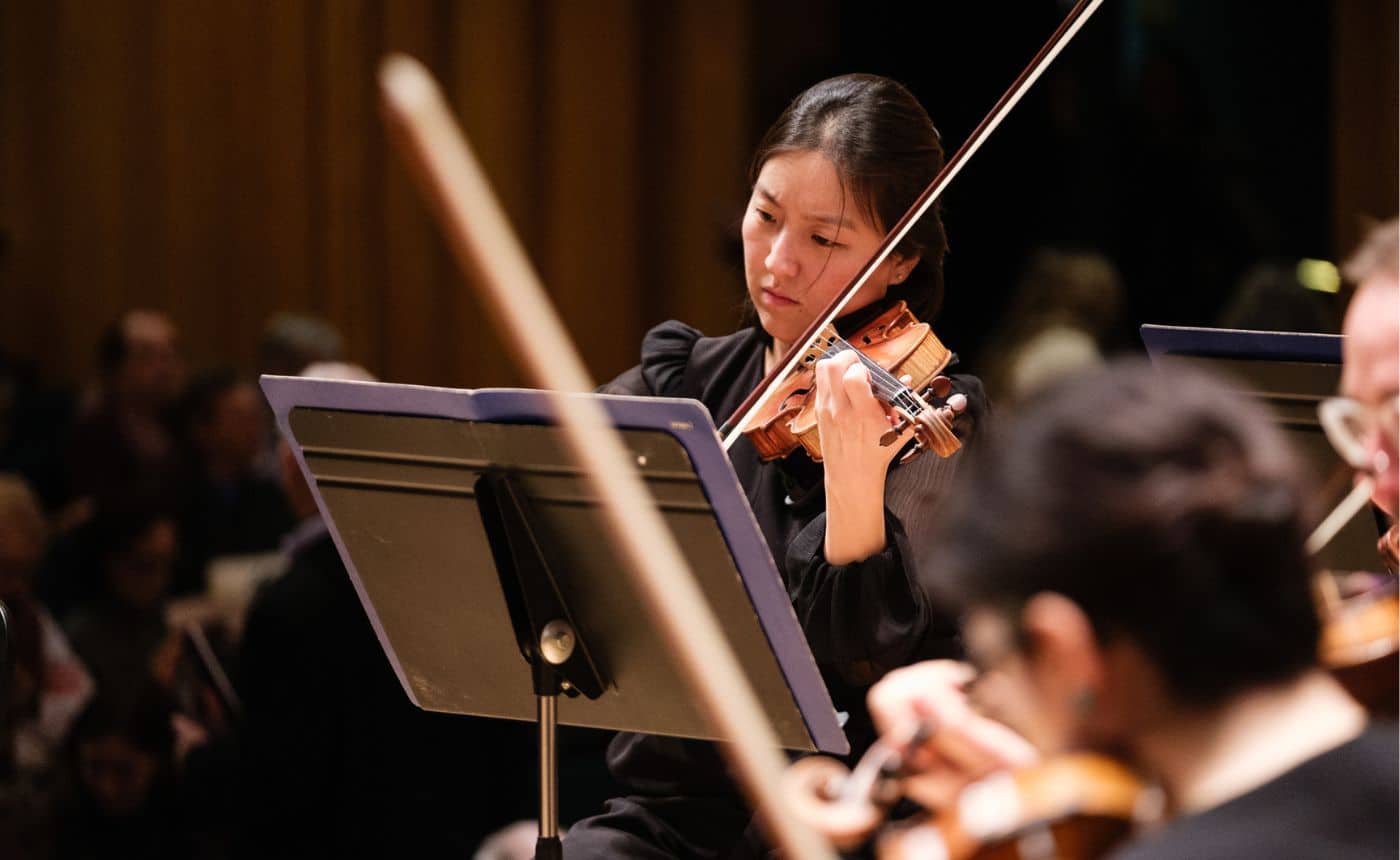Composer of the Week: Toru Takemitsu
I am truly excited to write about today’s Composer of the Week. I have been a fan of Takemitsu’s (1930 – 1996) since my student days! I am a composer myself and his music is very important to me.
A native of Tokyo, Takemitsu actually spent a few of his early ears in China before returning to Japan for elementary school. His education was cut short when he was conscripted into the Japanesse military at the mere age of fourteen! Although he described his military service as “extremely bitter,” it was in the military that he was first exposed to western Classical Music since it was banned in Japan during WWII.
Takemitsu joins the ranks of the Russian 5 and other great composers who are primarily self-taught. He didn’t even have an instrument! While working for the U.S. Armed Forces after the war, he listened to as much western Classical Music as he could and began to compose at sixteen. At the time he often stayed away from traditional Japanese music as it reminded him too much of the war, and said of composing “”… I began writing music attracted to music itself as one human being. Being in music I found my raison d’être as a man. After the war, music was the only thing. Choosing to be in music clarified my identity.”
It’s truly remarkable how on-trend he was despite being so isolated. Being self-taught and on the other side of the world certainly allowed him the freedom to try ideas that other composers never dreamed of. And yet, he started experimenting with electronic music (music nerds sometimes call it musique concrete) in the 1940s at the same time that Europe was just starting to think about electronic music. All in the day before twitter and instant world-wide communication!
Takemitsu’s 1958 Requiem for Strings made him hit the big time. Listen to it here:
Stravinsky was in Japan at the time and just happened to hear a recording. Stravinsky spread the news of Takemitsu in the U.S. and soon, Takemitsu was receiving commissions. Takemitsu’s music started changing in the 1960s after exposure to the indeterminacy of John Cage, the rigorous practice of Anton Weber, and a returning interest to Japansese music and instruments. Yes those are incredibly disparate influences.
1967’s November Steps (using Western and Japanese instruments):
Always miraculously anticipating (or perhaps setting?) the latest musical trends, the 1980s saw a return to a semi-tonality in works such as Far Calls and Dream/Window.
Rain Tree Sketch from 1982:
Takemitsu wrote over 130 concert works, over 100 film scores, all sorts of chamber works, AND wrote a detective novel and made frequent appearances on Japanese television as a celebrity chef. A philosopher, he also wrote about aesthetics and musical theory.
He composed over 100 film scores[4][5] and about 130 concert works[5] for ensembles of various sizes and combinations.[6] He also found time to write a detective novel and appeared frequently on Japanese television as a celebrity chef.
We give you the opportunity to hear Takemitsu this season on March 2 – 3. Our principal violist Brant Bayless will perform his A String Around Autumn. Click here for more info!











